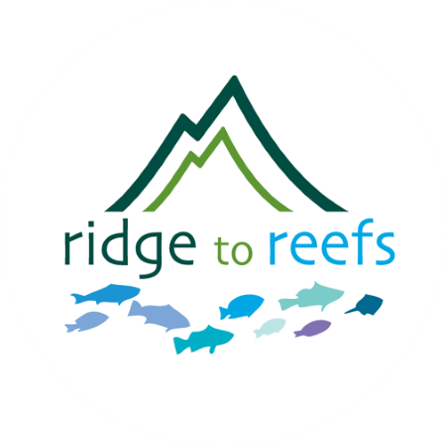Maui Diaries: Day 11 - Ohana
Maui has suffered far less COVID-19 cases than many parts of the world, and in the past few days of interacting with locals, we have perhaps discovered a large reason why. Polynesian cultures are inherently family-oriented. In Hawaii, even those not directly related to you are considered Ohana, or family. Islands are uniquely isolated places, so it makes more sense for people to stick together than to push each other away. Of course, I think we can all agree that community-oriented societies which look out for their neighbors would be more enjoyable.
These values are in sharp contrast to those of the mainland United States where over time people have become less concerned and connected with the individuals in their community and around them. “Individualistic” culture can be understood more simply as “selfish.” At home, people are typically not that concerned with the health and safety of people outside their immediate family or social circles. This is illustrated by the downright refusal by many people to wear masks in public, which is thankfully mitigated by county and State laws to require them. I can only imagine how native Hawaiians perceive the fact that so many elderly people were disproportionately affected by this disease, having been insulated in nursing homes. Elders are especially revered in polynesian and many indigenous cultures; to let their wisdom be lost due to improper management of a life-threatening disease is in many ways disgraceful.
At Ridge to Reefs, we have the privilege to interface with cultures on many islands. While every location has their political and social differences, a common thread among the islands of Puerto Rico, Hawaii, American Samoa and Palau is that you look out for and take care of your human family. Heritage extends beyond the immediate bloodline; sharing land, space, and resources is reason enough for people to get along, to respect one another, to keep one another safe. While the mainland may seem too large, with too many people to possibly care for everyone, this is perhaps an irresponsible way to look at life. What would happen if we treated every single person with the same level of respect and care? Would people be going hungry, suffering in homelessness? Would COVID-19 have spread so rapidly and impacted so many people?
We may not be able to answer these questions in reality, but they should give us pause. There is most definitely an opportunity at this time in history for us to redefine our values, to extend our generosity to all those in our human family, to take safety precautions for the sake of others rather than only ourselves. The same principles apply to environmental conservation and sustainability. What if we took only as much as we needed? What if we shared more, gave more of ourselves for the greater good of our communities and beyond? What if we thought about where our waste goes, and made changes to our daily habits to reduce our impact on other people, animals, and the climate?
If we did all that and more, the world may indeed be a better place. For now, may we encourage each other to keep dreaming of a fair future; and to make as many changes in our daily lives, and in the lives of others, that we reasonably can. Change starts with the individual and spreads outward. Compassion and care are perhaps more contagious than the disease that has sent our world reeling. Practice makes perfect, so what better time than now to start seeing and treating one another as we truly are: Ohana, one human family.


